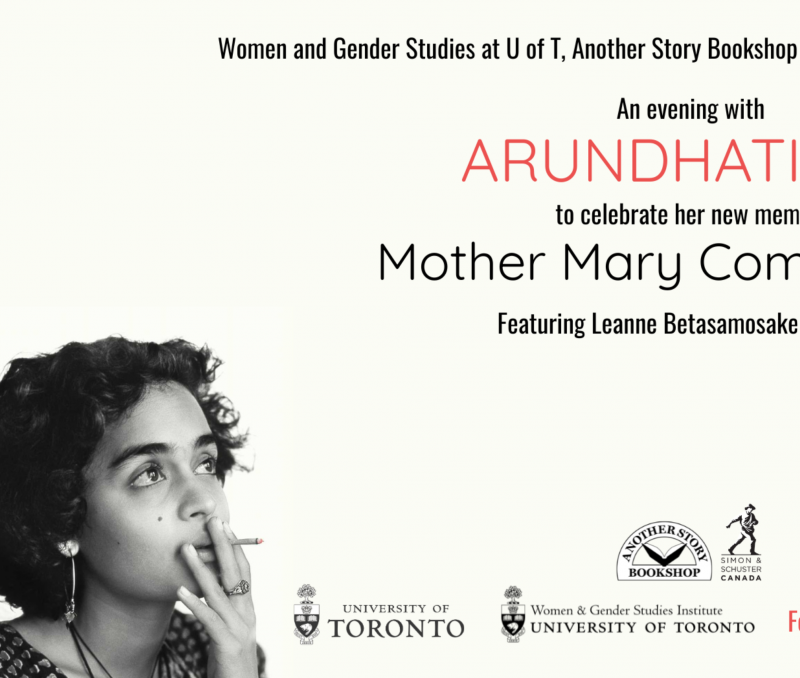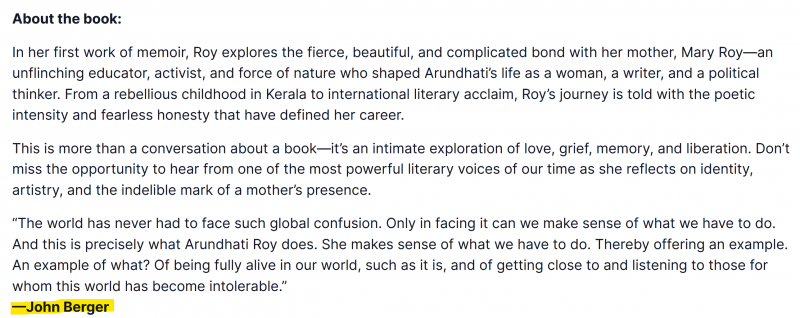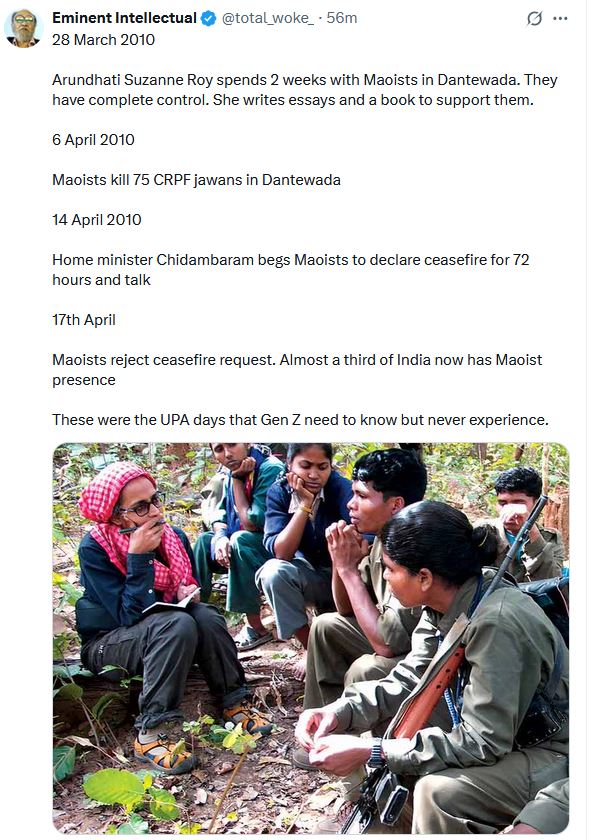
Academic Integrity at the University of Toronto
Post On:September 6, 2025

Universities are meant to be bastions of intellectual honesty, pluralism, and rigorous inquiry. Yet the University of Toronto increasingly appears to be failing that mandate—particularly in its treatment of Hindu scholarship and cultural representation.

Misrepresentation of Endorsements
This book launch is a classic example.It implies endorsement by the late John Berger for a book released in 2024—despite his passing in 2017. Such a claim is not only factually impossible but deeply misleading. If Berger’s influence is being cited, it must be clearly contextualized. Academic institutions must not blur the line between homage and fabrication. This isn’t a minor oversight—it’s a breach of scholarly integrity. & this has been a recurring concern.
A Pattern of Selective Critique
UT has hosted a series of “ academics” of Indian heritage,whose only qualification seems to be hostility towards India – Hindus or things India that has a strong Hindu connect. They have consistently portrayed India through a lens of hostility—highlighting conflict, religious tension, and cultural flaws, often with a conspicuous bias against Hindu traditions. This mirrors the approach of figures like Audrey Truschke, whose work has been accused of diminishing Hindu values while elevating Islamic narratives. Such patterns are not isolated—they are systemic.This is neither about the book of Arundhati Roy or its content. It’s about the pattern at UT.For example this author Arundhati Roy was born into a Christian family. Her mother, Mary Roy, is a Malayali Jacobite Syrian Christian from Kerala, and her father, Rajib Roy, was a Bengali Christian tea plantation manager from Kolkata. Can we conclude that her hostility stems from her religious orientation?
Academic Freedom or Institutional Prejudice?
Is it not time for the university to reflect on its actions, rather than continue peddling prejudice under the guise of academic freedom? Freedom of inquiry must not become a shield for ideological favoritism. When Hindu scholars are excluded, and their traditions misrepresented, it is no longer freedom—it is institutional hostility.
Just because Hindus choose non-violence or restraint does not give the university license to provoke them. UT cannot use its platform to trigger unrest, only to turn around and blame the Hindu community for reacting. This tactic—of inciting, then vilifying—is not only unethical, it is dangerous. It feeds a hostile narrative that paints Hindus as intolerant, while ignoring the very real intolerance directed at them.
A Call for Accountability
And the bias is not confined to faculty. It is visible across the university. Students feel it. Parents feel it. The public sees it. This isn’t speculation—it’s a documented trend that has persisted for well over a decade. The University of Toronto has repeatedly provided platforms to scholars who provoke unrest, while denying space to Hindu voices that seek balance and dignity.
The University of Toronto must confront its own biases. It must stop enabling selective narratives that distort Hindu identity, and start fostering genuine pluralism. Academic freedom must be exercised with fairness, not weaponized to marginalize.
Footnote: For over a decade, our attempts to engage University management have been met with unwavering silence. That era of passive outreach seems to nearing its expiry date! We however wish AR all the best, and acknowledge the special and powerful relationship that exists between mother and daughter.
What seems to be of concern, is that those who have a direct or indirect role in promoting violence in India are given VIP treatment by UT.

